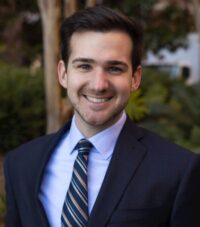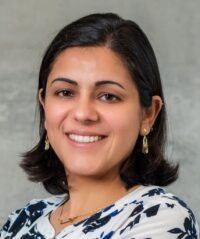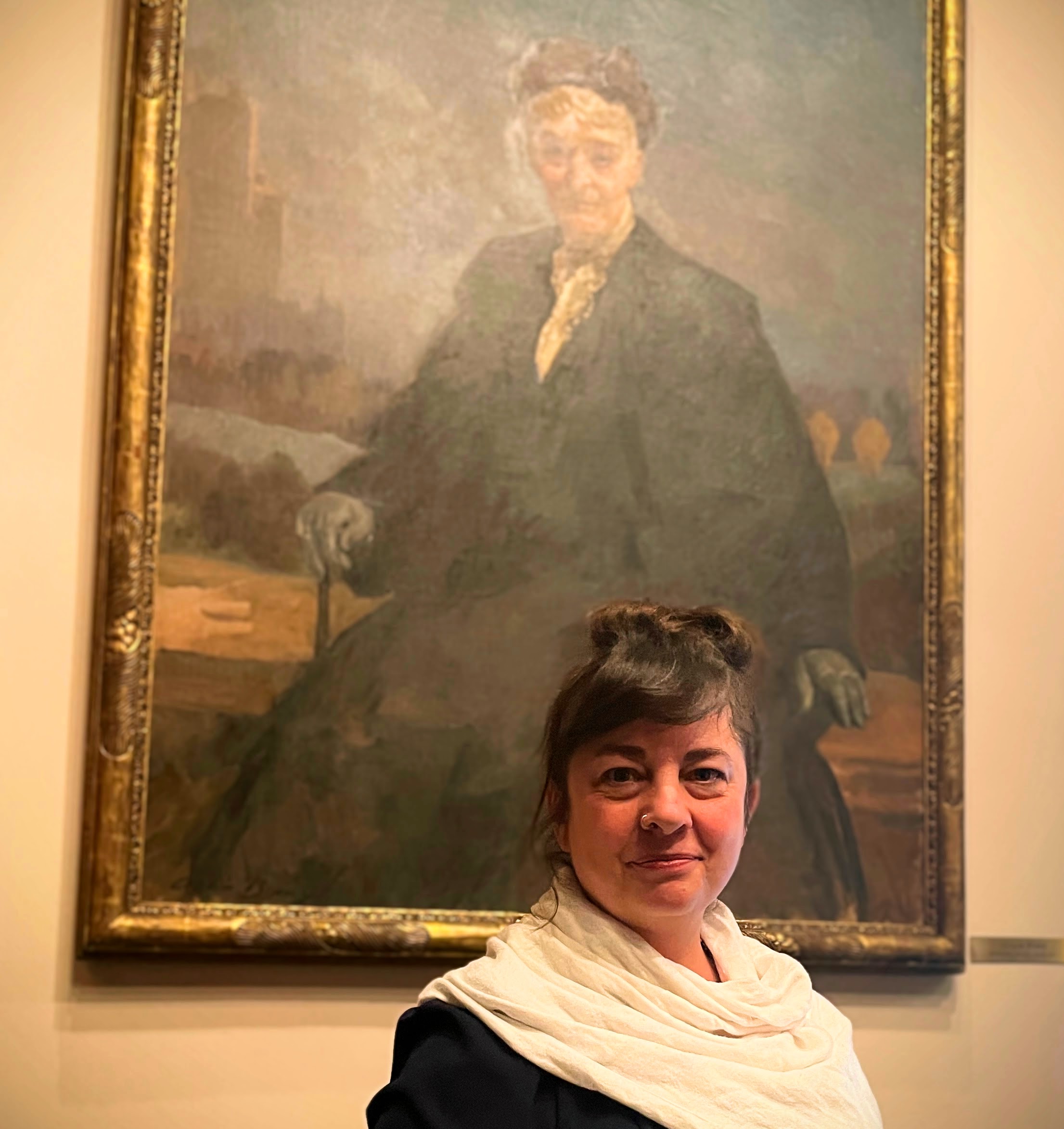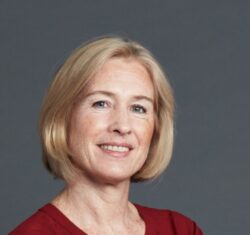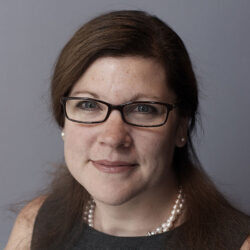The election is open June 18 to July 18. You must be an individual member of IAPHS by July 18 to vote. If you are not already a member, click here to join.
Those continuing on the Board during 2025 and their 2025 positions include Philip Alberti (Past-President), Jennifer Karas Montez (President), Suzanne Bevan (Executive Director), Board members Bettina Beech, William Story, Alicia Riley, Megan Todd, Sarah Gollust, and Silvia Martins.
Thanks to Past President Magdalena Cerda, who chaired the Nominations Committee, Nominations Committee Members, and a special thanks to our candidates for their willingness to serve IAPHS
PRESIDENT-ELECT
This person will serve as the President-Elect in 2026, President in 2027 and Past-President in 2028. In 2027, they will appoint individual(s) to chair the 2027 Program Committee as well as other new members of IAPHS committees in 2027.

Marino Bruce, PhD, MSRC, MDiv
Founding Director, UHPH Collaboratories | Founding Director, Graduate Education and Research, UH Population Health / Associate Dean for Research and Clinical Professor of Behavioral and Social Sciences, Tilman J. Fertitta Family College of Medicine
DISCIPLINE:
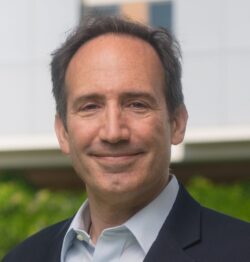
Richard M. Carpiano, PhD, MPH
Marino Bruce's Candidate Statement:
Marino A. Bruce, PhD, MSRC, MDiv is a is a Clinical Professor of Behavioral and Social Sciences and the Associate Dean for Research and in the Fertitta Family College of Medicine at the University of Houston. He is also the Founding Director of UHPH Collaboratories – synergistic interdisciplinary research and training units within UH Population Health (UHPH) and the Founding Director of Graduate Education and Research within this university level enterprise. Dr. Bruce is a sociologist and population health scientist who examines the full range of factors, including faith, religion, and spirituality, that influence cognitive and physical functioning among Black males over the life course and across generations. He is principal investigator on NIH grants from the National Institute on Aging, National Heart, Lung, and Blood, National Institute for General Medical Sciences, and National Center for Advancing Translational Sciences and his publications has appeared in leading journals in aging, medicine, public health, and men’s health and have been featured on several global media outlets including USA Today, The Today Show, US News and World Report, and Time Magazine. Dr. Bruce is the current editor of Research on Race and Ethnic Relations, current associate editor of Ethnicity and Disease, and co-editor of two award winning books, Men’s Health Equity and Racism: Science and Tools for the Public Health Professional. Read more
Richard Carpiano's Candidate Statement:
I am honored to be asked to run for President of IAPHS. As a member since its founding, I have witnessed IAPHS’ exciting growth and evolution as an important and unique professional community for the intersections of research, policy, and practice focused on the many pressing population health issues facing the US and the globe. Over this time, I have contributed to IAPHS through a variety of roles, including Board and Award Committee memberships, session organizer, blog co-author, mentoring program participant (as a mentor), and as a panelist or facilitator for professional development activities.
I am a professor of Public Policy at the University of California, Riverside, where I also serve as the Faculty Director of the Science to Policy (S2P) program. I trained in medical sociology, public and population health and my research and policy-centered activities focus heavily on social determinants of health across numerous countries and populations, vaccination uptake and policy, misinformation, anti-science activism, and pandemic preparedness and resilience. Furthermore, I have long viewed public outreach as an important facet of my job and thus actively engage with journalists and the public through various activities, including news interviews, op-eds, non-academic panels and presentations, and social media. Read more
BOARD MEMBERS
The Board provides oversight and strategic guidance to IAPHS. It meets by conference calls throughout the year and in-person just before the annual IAPHS Conference. The three Board Members elected this year will serve 3 year terms beginning November 1, 2025.
BOARD MEMBER – JUNIOR
Harry Barbee's Candidate Statement:
I am an assistant professor in the Department of Health, Behavior and Society at the Johns Hopkins Bloomberg School of Public Health, where my work bridges public health, sociology, and policy to investigate how structural conditions shape population health inequities. My research focuses particularly on LGBTQ+ health, aging, and the social determinants that produce disparities in cognitive health outcomes. I bring an interdisciplinary perspective grounded in community-engaged methods, critical theory, and applied epidemiology. Read more
Mathew Kiang's Candidate Statement:
I am an Assistant Professor of Epidemiology and Population Health at Stanford University. Rooted in my experiences growing up, my work focuses on improving the health of marginalized and vulnerable populations through rigorous interdisciplinary research that informs and impacts policy. My recent projects combine infectious disease epidemiology with microsimulation to estimate the impact of decreasing vaccination in the US; leverage machine learning to identify Chicago neighborhoods with children highly exposed to lead in their drinking water; and use demographic modeling methods to quantify the extent of parental deaths due to drugs or firearms in the US. Read more
BOARD MEMBER – MID-CAREER
Rita Hamad's Candidate Statement:
Rita Hamad, MD, PhD, is an Associate Professor in the Department of Social and Behavioral Sciences at the Harvard School of Public Health and the director of the Social Policies for Health Equity Research (SPHERE) Center. Trained as a social epidemiologist and family physician, her research focuses on the pathways linking poverty and education with health disparities across the life course. In particular, she studies the health effects of social and economic policies using interdisciplinary quasi-experimental methods, with the goal of informing policymaking to eliminate health inequities. She has received over $10 million in funding as the PI over her career from the NIH and private foundations, with over 100 publications that have been cited by national and international governmental and non-governmental organizations. Read more
Megan Reynolds' Candidate Statement:
I have been a member of the IAPHS since 2018. Although yet to serve in any official capacity, I have contributed to the IAPHS blogs on “Values and Science: Views from our Community” and “Divergent Views on Population Health Science’s Political Skew” and \volunteered to review abstracts each of the past five years. As a member of my own professional society (American Sociological Association), I have served on three service committees and believe this has prepared me well to support the organization’s mission and vision. I am grateful for all that the opportunities that IAPHS has extended me, including the sharing of my work as member of the month, the invaluable mentorship from (and comraderie with) my Association-assigned mentor Pam Herd, and, of course, the countless beneficial exchanges that have taken place during IAPHS sessions over the years. I also credit the organization with teaching me about the field of population health and the profession of scientist and for the way that they have strengthened my sense of community and scholarly identity. I hope to give back to the Association as a Mid-Career Board member, and am especially interested in exploring ways to help our graduate students and junior faculty navigate an increasingly challenging job market and federal funding landscape.
BOARD MEMBER – SENIOR
Lorna Thorpe's Candidate Statement:
As Board Member, I would energetically support IAPHS leaders and members to more deeply connect population health scientists across disciplines and sectors to improve the health of populations. I deeply believe in the importance of cross-sectoral and interdisciplinary fertilization of ideas and collaboration. Read more
Theresa Osypuk's Candidate Statement:
Theresa L. Osypuk, ScD, ScM, is Professor of Epidemiology and Community Health, at the University of Minnesota School of Public Health, where she is also the Director of the Minnesota Population Center, and Co-Director of the Population Health Science Training Program. Dr. Osypuk is a social epidemiologist, demographer, and population health scholar. Her research examines why place and social policy influence population health. She studies the influence of neighborhood context, segregation, and social and economic policies implemented outside of the health sector, for their effects on population health across the life course. Read more
STUDENT
This person will serve for a 3-year term as a student representative on the IAPHS Board and as Chair of the IAPHS Student Committee.
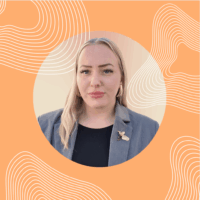
Madeline Hooten
College of Health Solutions
DISCIPLINE:
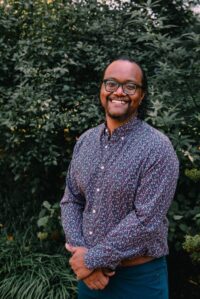
Arinala Randrianasolo
Pennsylvania State University, Department of Sociology and Criminology (also dual-title Demography program)
Madeline Hooten Candidate Statement:
Madeline Hooten is a doctoral student in the Population Health PhD program at Arizona State University’s (ASU) College of Health Solutions. She holds a Master of Science in Auditory and Language Neuroscience from ASU and earned her Bachelor’s degree in Psychology with a minor in Criminal Justice from Grand Canyon University. During her master’s program, she worked closely with individuals in the Maricopa County jail system, an experience that deepened her commitment to improving health outcomes for high-risk populations, including those who use substances and individuals experiencing housing insecurity. Read more
Arinala Randrianasolo's Candidate Statement:
Nala is a fourth year PhD candidate in the Sociology and Demography programs at Pennsylvania State University. His research interests include racialized health disparities, race and ethnicity, the multiracial population, and the life course. His current projects include topics such as the weathering hypothesis, skin tone stratification for health outcomes, and multiracial and multiethnic mortality rates. He is planning to have his dissertation focus on the effects of the life course on the health outcomes of multiracial individuals. Prior to going to graduate school, Nala was an attorney in Chicago working to help non-profits secure financial resources to strengthen their programs and the communities they were embedded in.

